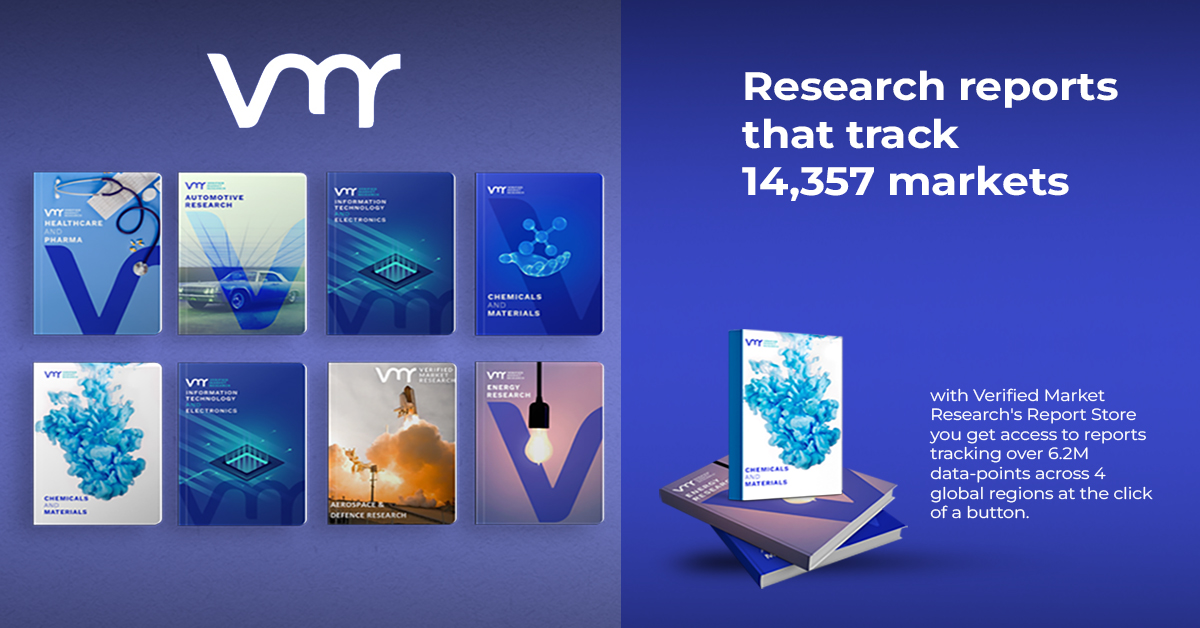Wooden Boat Market 2024: Key Trends and Innovations Reshaping the Sector
The wooden boat market, long celebrated for its blend of tradition and craftsmanship, is undergoing significant transformations. Fueled by sustainability trends, evolving consumer preferences, and cutting-edge technology, wooden boats are carving a unique niche in the broader boating industry. Here’s an in-depth look at the latest developments shaping the sector.
1. Revival of Wooden Boats in the Modern Era
Once overshadowed by fiberglass and aluminum boats, wooden boats are experiencing a resurgence. Their aesthetic appeal and sustainable materials resonate with eco-conscious consumers seeking alternatives to mass-produced options. Artisanal craftsmanship, combined with modern manufacturing techniques, has revitalized interest, positioning wooden boats as a premium segment in the broader recreational boating market.
Additionally, the second-hand wooden boat market is flourishing. Many consumers are opting for pre-owned, well-maintained wooden vessels, which offer vintage charm alongside affordability. This trend reflects broader shifts toward sustainability and resource efficiency.
2. Sustainability: A Driving Force
Sustainability remains a pivotal trend across industries, and the wooden boat market is no exception. Unlike fiberglass boats, which often involve environmentally damaging materials and processes, wooden boats utilize renewable resources. Innovations in treatments and finishes are enhancing wood’s durability while minimizing environmental impact. Bio-based epoxy resins and natural varnishes are becoming popular choices for maintaining these boats without compromising their eco-friendly appeal.
3. Technological Integration
Despite their traditional charm, wooden boats are embracing modern technologies. Key advancements include:
- Autonomous Features: Innovations like auto-docking systems are being integrated into wooden boats, making them more accessible to novice users.
- Electric and Hybrid Propulsion: The push for decarbonization is influencing propulsion systems in wooden boats. Electric motors and hybrid setups reduce emissions and offer quieter operations, aligning with the preferences of environmentally conscious boaters.
- Smart Navigation Systems: Incorporating GPS and other navigational aids enhances safety and convenience for users without compromising the classic appeal of wooden boats.
4. Craftsmanship Meets Customization
Custom-built wooden boats are in high demand, especially among affluent buyers. These vessels often serve as status symbols, reflecting the owner’s personality and lifestyle. Builders are increasingly offering bespoke designs tailored to individual preferences, from retro-inspired aesthetics to modern, sleek lines. This trend aligns with the growing appetite for luxury and exclusivity in the boating market.
5. Market Growth and Regional Insights
The global recreational boating market is expected to grow at a CAGR of 7.5%, with wooden boats playing a significant role in niche segments. North America remains a leading region, driven by high disposable incomes and a strong boating culture. Europe, known for its rich maritime heritage, is also witnessing robust demand for wooden boats, particularly in Northern and Western regions. Meanwhile, the Asia-Pacific region is emerging as a growth market due to increasing coastal tourism.
6. Challenges and Opportunities
While the market outlook is promising, challenges persist:
- Maintenance Requirements: Wooden boats require more care compared to fiberglass or aluminum counterparts. However, advancements in protective coatings and materials are mitigating this concern.
- Cost Barriers: The artisanal nature of wooden boat manufacturing often leads to higher prices. Exploring modular construction techniques and efficient supply chains could address this issue.
Climate Change: Rising water levels and harsher weather conditions pose risks to wooden boat owners. Enhanced designs and materials can help mitigate these impacts.
7. Future Directions
The wooden boat market is poised for further innovation:
- Electric Marine Fuels: Research into hydrogen and biofuels promises to revolutionize propulsion systems.
- Virtual Sales Platforms: With the rise of digital transformation, builders and resellers are leveraging virtual tours and online configurators to attract a broader audience.
In conclusion, the wooden boat market combines tradition with innovation, catering to a diverse range of boating enthusiasts. Whether driven by sustainability, luxury, or nostalgia, wooden boats are more than just vessels—they are works of art navigating the future of recreational boating.









